Select Language
Adult Cardiac Care
Pediatric Cardiac Care
Adult Oncology
Total Gastrectomy
Feeding Jejunostomy /Gastrostomy
Wertheim 's Hysterectomy
Exploratory Laparotomy With Adhesiolysis
Complex Abdominal Tumor Resection
Major Abdominal Tumor Resection
Low Anterior Resection (LAR)
Ultra Low Anterior Resection
Abdominal Perineal Resection (APR)
Colostomy
Wertheim's Hysterectomy
Radical Gastrectomy Distal
Radical Gastrectomy Total
Liver Resection
Total Colectomy
Rectum Low Anteroir Resection
Abdomino Prineal Resection
Retroperitoneal Sarcoma
Limb Sarcoma
Cytoreductive Surgery + HIPEC (Hyperthermic Intraperitoneal Chemotherapyurgery )
Radical Cholecystectomy
Lt/RT Hemicolectomy
Whipple's Surgery
Pediatric Oncology
Adult Orthopedics
Pediatric Orthopedics
Adult Transplant Program
Pediatric Transplant Program
Adult Urology/Nephrology
Pediatric Urology/Nephrology
Adult Pulmonology
Pediatric Pulmonology
Adult Gastroenterology
Pediatric Gastroenterology
Adult ENT
Commando with Fre-Fibular Reconstruction
Nerve Sheath Tumor Excision
Cranio-Ficial Resection
Thyroidectomy with Neck Dissection
Wide Excision with Nasal Reconstruction
Parapharyngeal Mass Excision
Right Radical Maxillectomy with Reconstruction
Partial Glossectomy with Neck Dissection with Reconstruction
Micro-Laryngeal Surgery
Pediatric ENT
Adult Neurosciences
Pediatric Neurosciences
Adult Dentistry
Pediatric Dentistry
Adult Robotic Surgery
Pediatric Robotic Surgery
Adult Reproductive Medicine
Warning: Trying to access array offset on value of type null in /home/u858911862/domains/alriazhealthservices.com/public_html/included_files/sub_speciality_header.php on line 1652
Adult Mental Health
Pediatric Mental Health
Adult Rehabilitation
Pediatrics Rehabilitation
 Global Health Insight Hub
Global Health Insight Hub
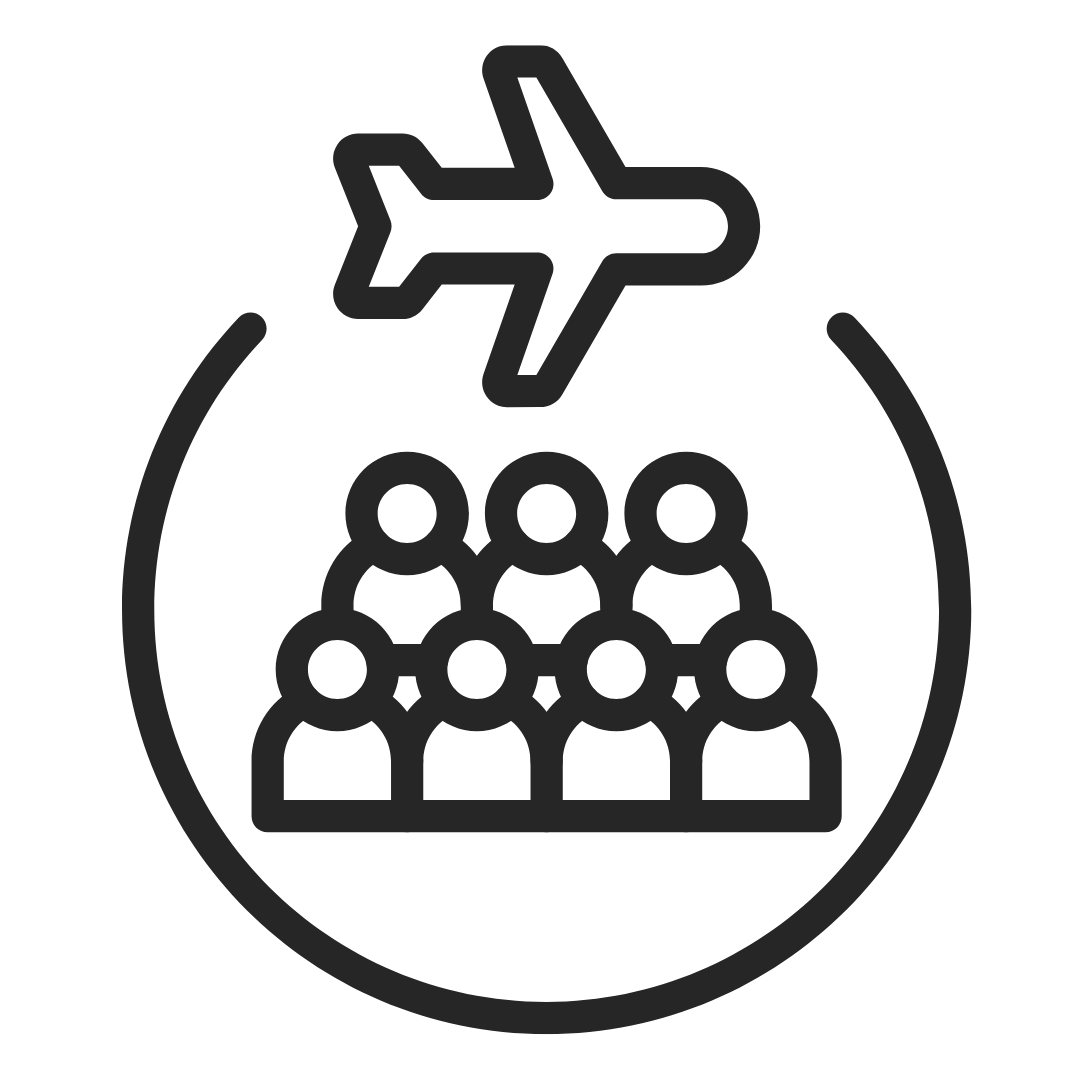
Pre‑Travel Preparation Guide
Plan every detail before you fly
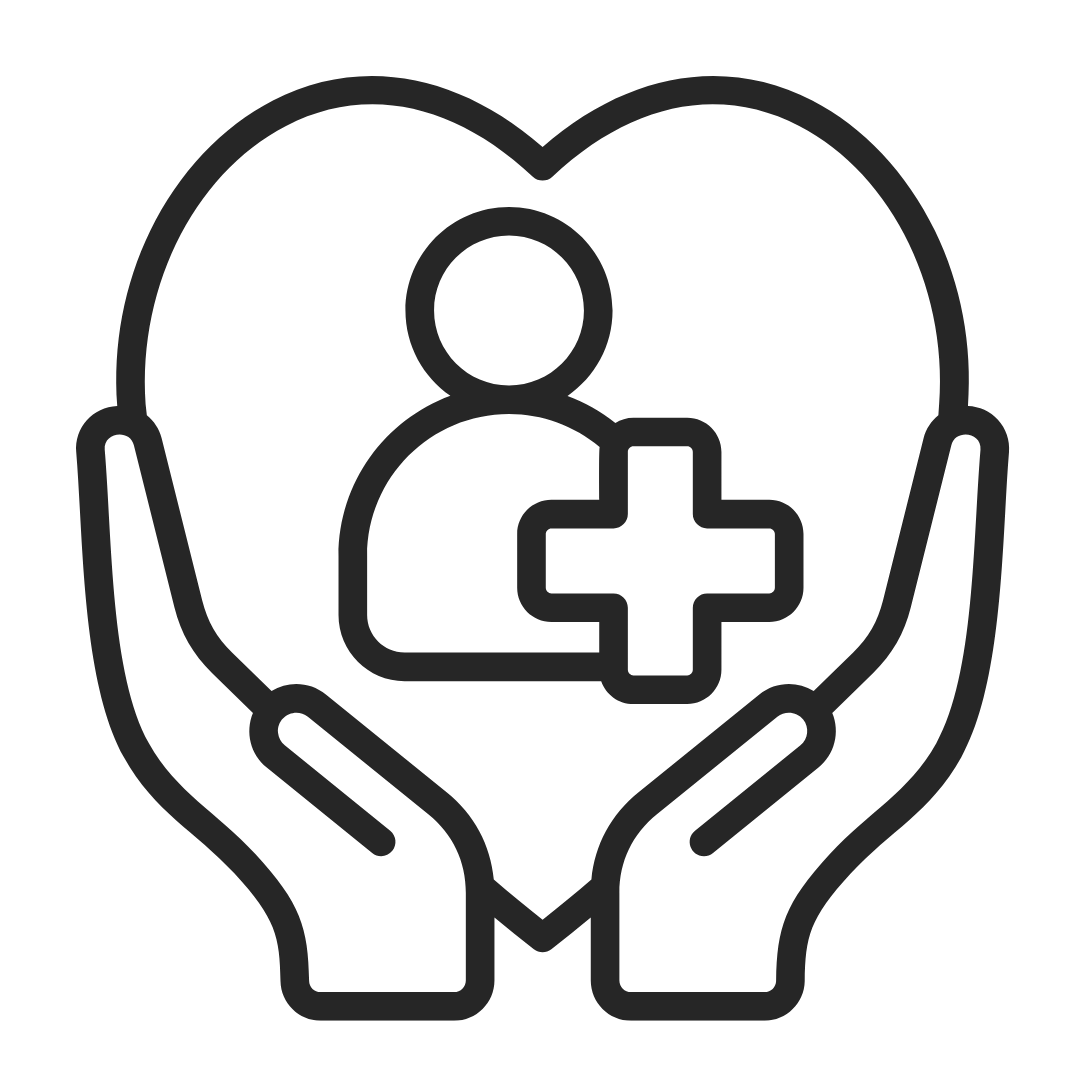
In‑Destination Care & Comfort Tips
Maximize comfort and safety during your stay
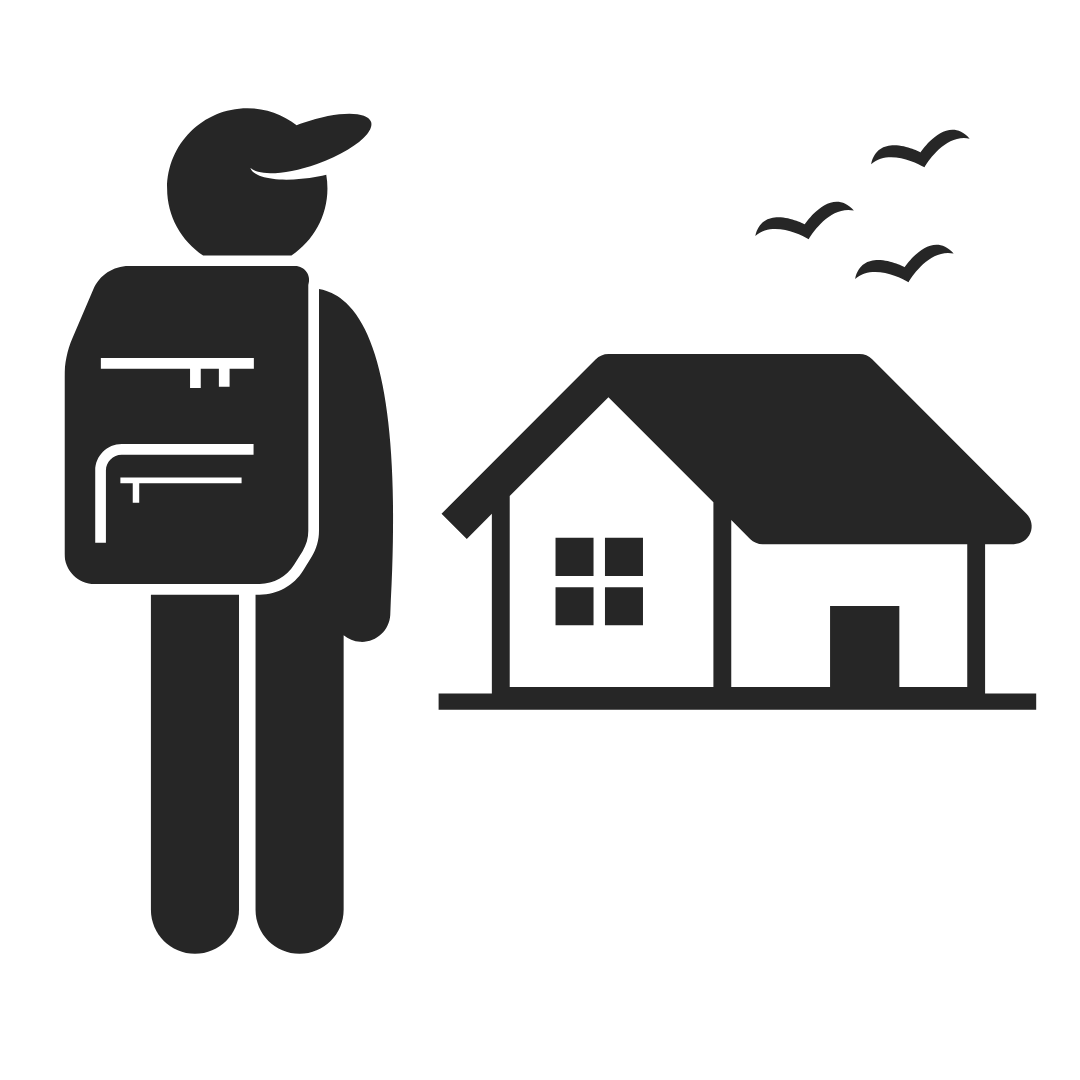
Post‑Treatment Recovery Essentials
Your path to a healthy, confident return home
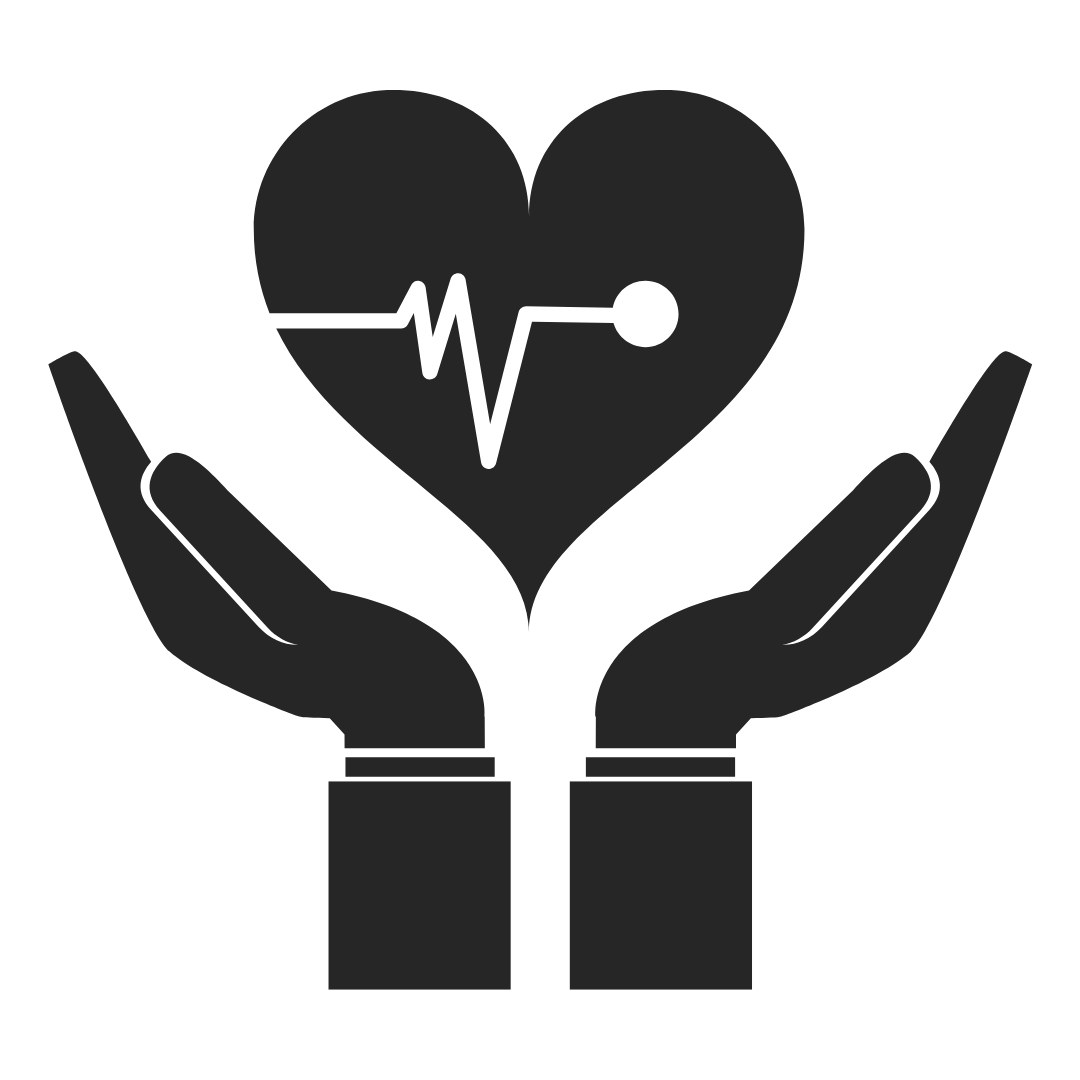
Comprehensive Health Travel e‑Guide
Expert checklist, planning tools & travel insights

Company Brochure — Your Gateway to World‑Class Care
Our services, specialties & trusted partners
 Reviews & Ratings
Reviews & Ratings
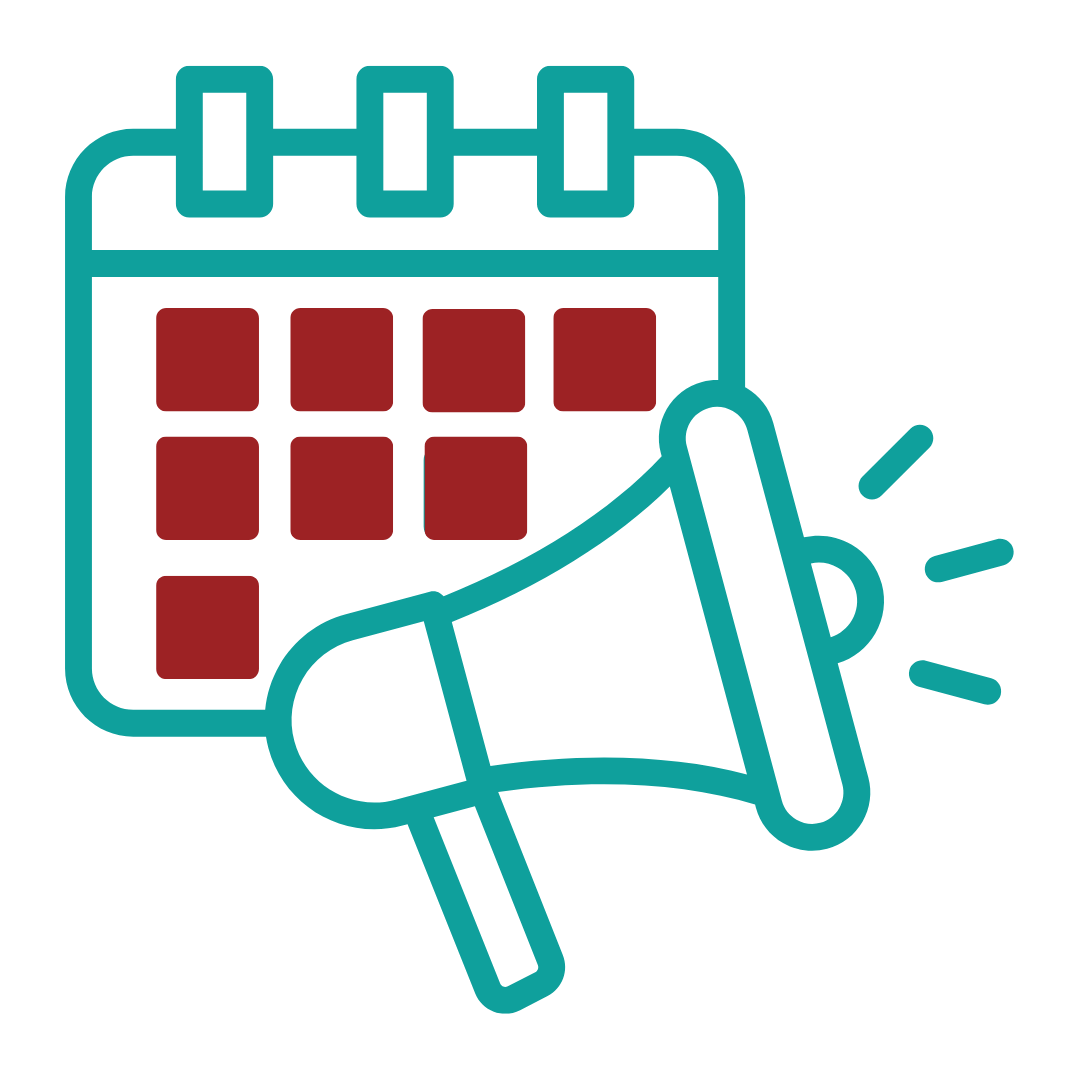 News & Events
News & Events
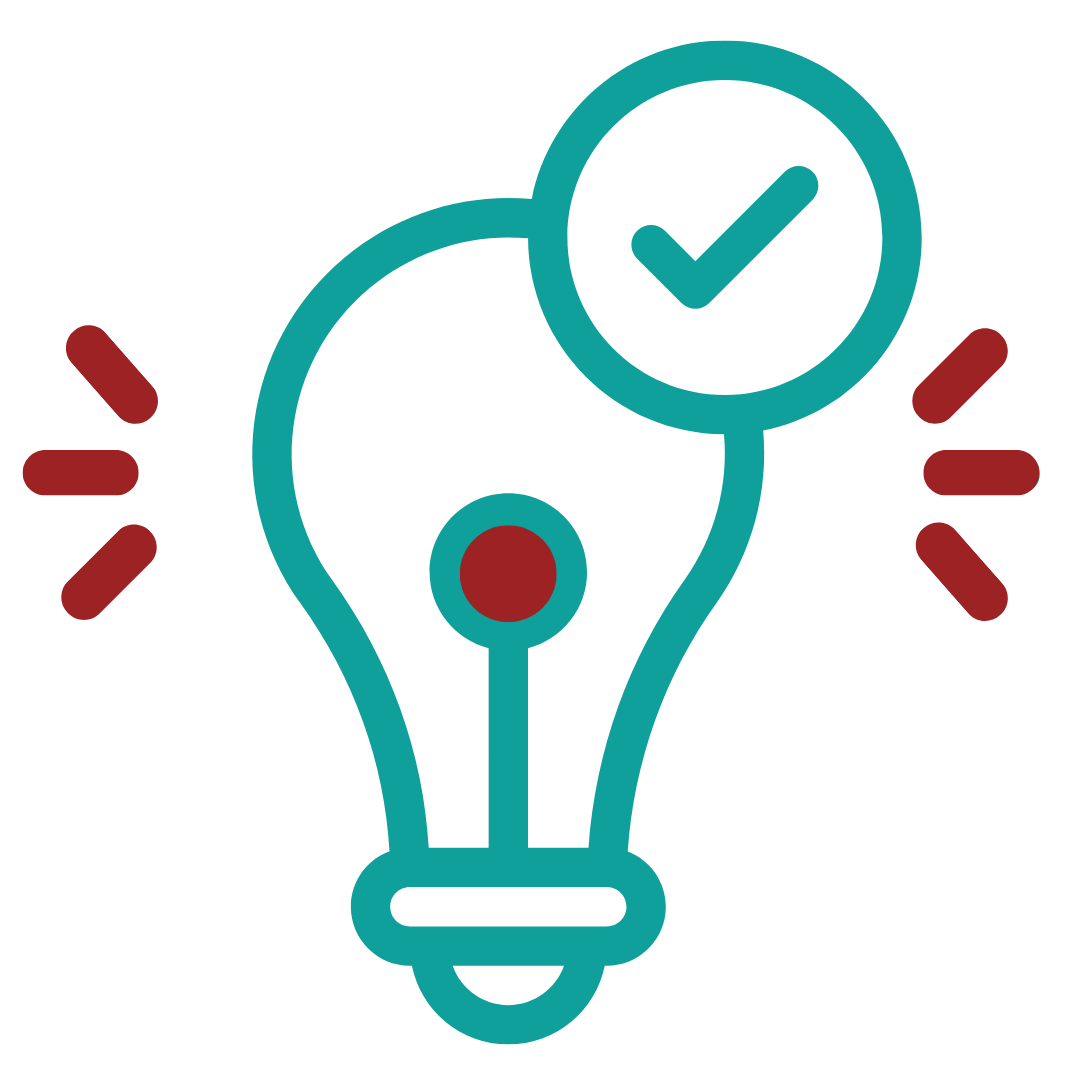 Your Questions Answered (FAQS)
Your Questions Answered (FAQS)
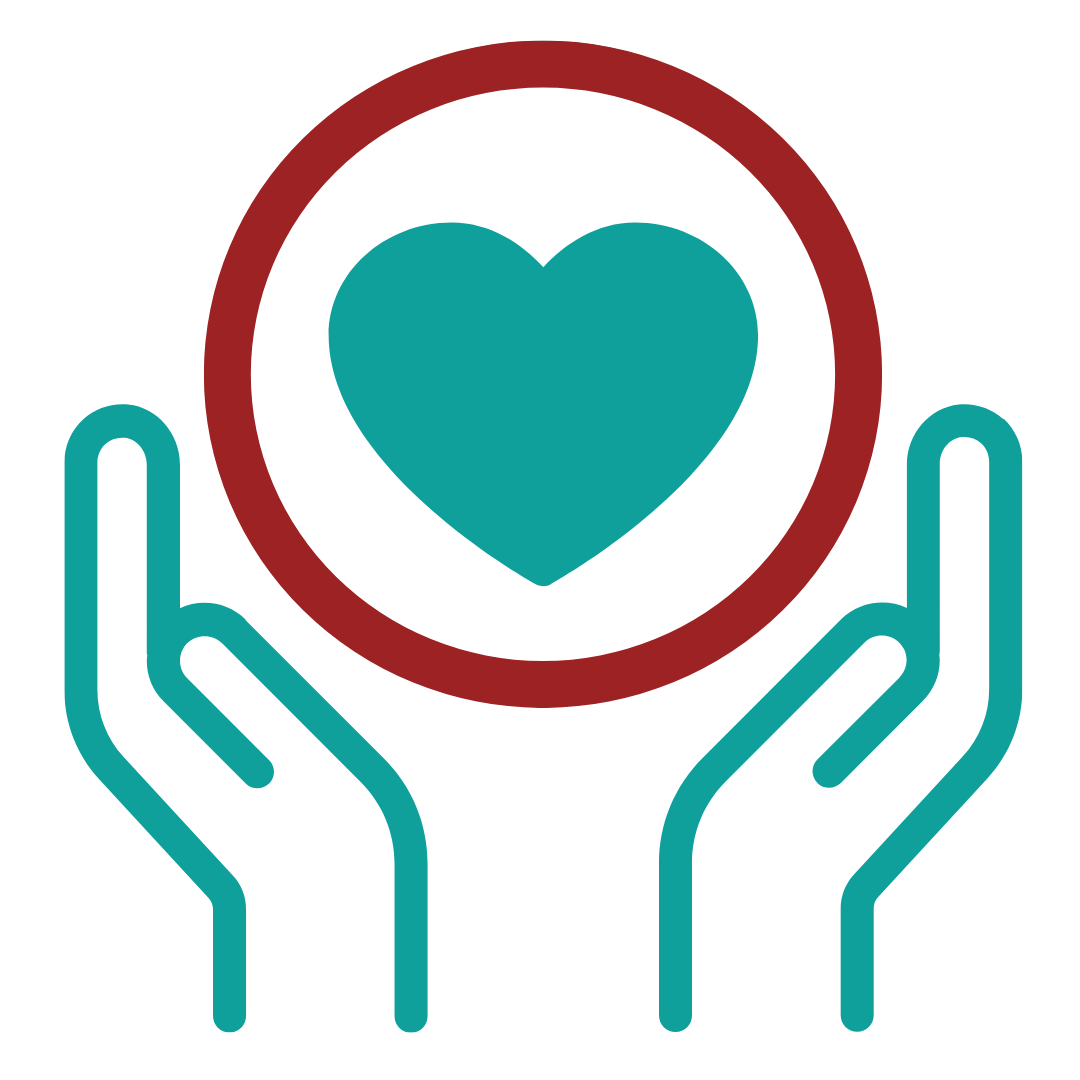 Health & Wellness Magazine
Health & Wellness Magazine
Adult Cardiac Care
Pediatric Cardiac Care
Adult Oncology
Pediatric Oncology
Adult Orthopedics
Pediatric Orthopedics
Adult Transplant Program
Pediatric Transplant Program
Adult Urology/Nephrology
Pediatric Urology/Nephrology
Adult Pulmonology
Pediatric Pulmonology
Adult Gastroenterology
Pediatric Gastroenterology
Adult Neurosciences
Pediatric Neurosciences
Adult Dentistry
Pediatric Dentistry
Adult Robotic Surgery
Pediatric Robotic Surgery
Adult Reproductive Medicine
Warning: Trying to access array offset on value of type null in /home/u858911862/domains/alriazhealthservices.com/public_html/included_files/sub_speciality_header.php on line 2353



.png)










































































































































































 Your Journey Starts Here
Your Journey Starts Here
 Virtual Consults
Virtual Consults
 Transparent Pricing
Transparent Pricing
 Travel Coordination
Travel Coordination
 Comfort Stays
Comfort Stays
 VIP Transfers
VIP Transfers
 Medical Translation
Medical Translation
 Second Opinion
Second Opinion
 Insurance Support
Insurance Support
 Treatment Prep
Treatment Prep
 Health Concierge
Health Concierge
 Cultural Orientation
Cultural Orientation
 Journey Planner
Journey Planner
 Hospital Matching
Hospital Matching
 Wellness Coaching
Wellness Coaching
 Your Healing Haven
Your Healing Haven
 Priority Admission
Priority Admission
 International Lounges
International Lounges
 Personalized Rooms
Personalized Rooms
 Multilingual Support
Multilingual Support
 Digital Access
Digital Access
 Spiritual Wellness
Spiritual Wellness
 Travel Desk
Travel Desk
 Seamless Connectivity
Seamless Connectivity
 Holistic Recovery
Holistic Recovery
 Compassionate Companions
Compassionate Companions
 Smart Rooms
Smart Rooms
 Family Support
Family Support
 Your New Beginning
Your New Beginning
 Tailored Travel
Tailored Travel
 Recovery Residences
Recovery Residences
 Gentle Exploration
Gentle Exploration
 Virtual Check-Ins
Virtual Check-Ins
 Rehabilitation Plans
Rehabilitation Plans
 Medication Management
Medication Management
 Seamless Follow-Ups
Seamless Follow-Ups
 Ongoing Care
Ongoing Care
 Lifelong Wellness
Lifelong Wellness
 Spa Rejuvenation
Spa Rejuvenation
 Patient Advocacy
Patient Advocacy
 Alumni Community
Alumni Community
 Life Coaching
Life Coaching
 Global Continuity
Global Continuity
 Wellness Retreats
Wellness Retreats
 Wellness Journey Guide
Wellness Journey Guide
 Pre Travel Guide
Pre Travel Guide

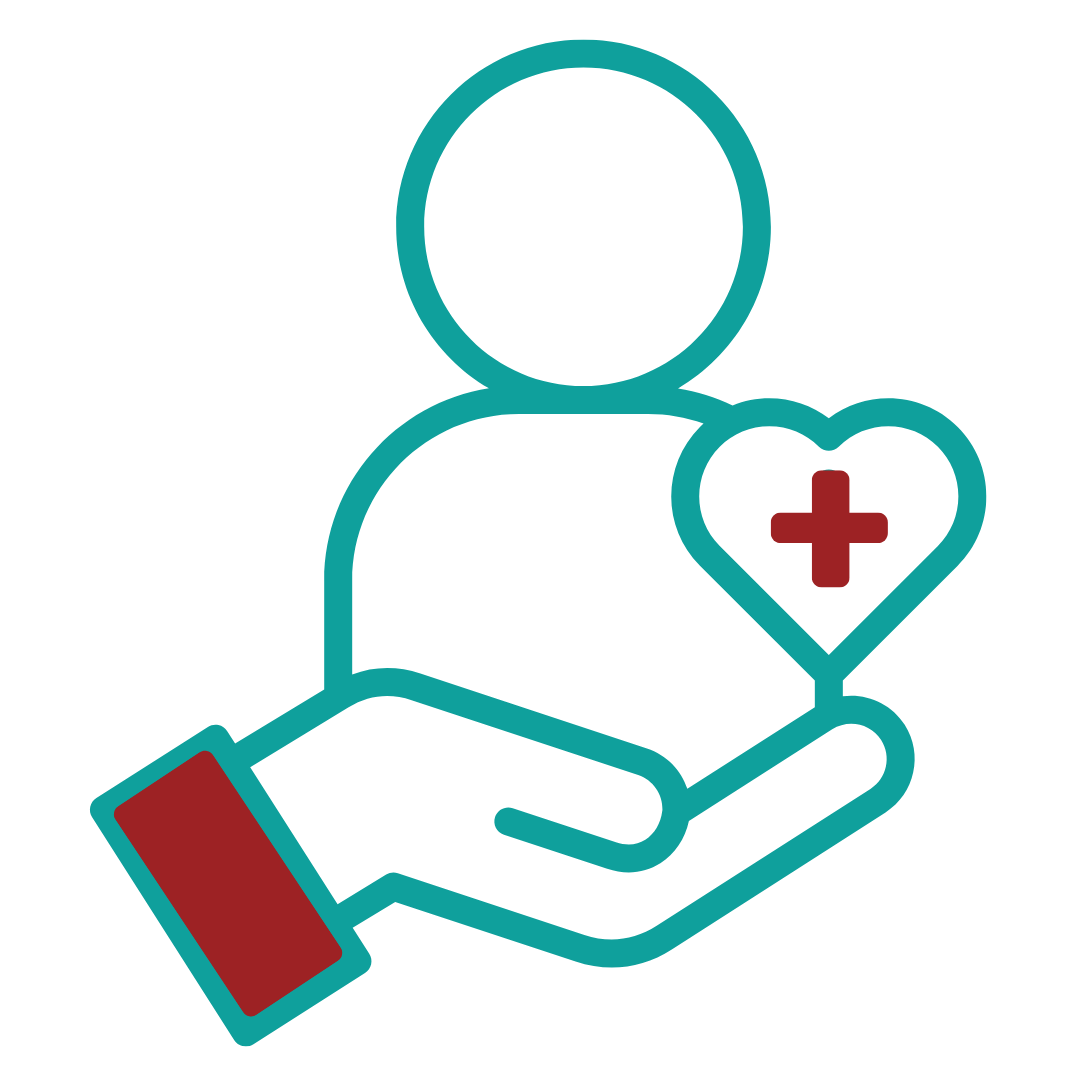 Patient Resources & Tools
Patient Resources & Tools
 Real Journeys. Real Transformations
Real Journeys. Real Transformations
 Written Testimonials from Our Patients
Written Testimonials from Our Patients
 Patient Stories on Video
Patient Stories on Video
 Complete Patient Journeys
Complete Patient Journeys
 Multimedia Gallery
Multimedia Gallery
 Photo Gallery — Patients, Partners & Our Team
Photo Gallery — Patients, Partners & Our Team
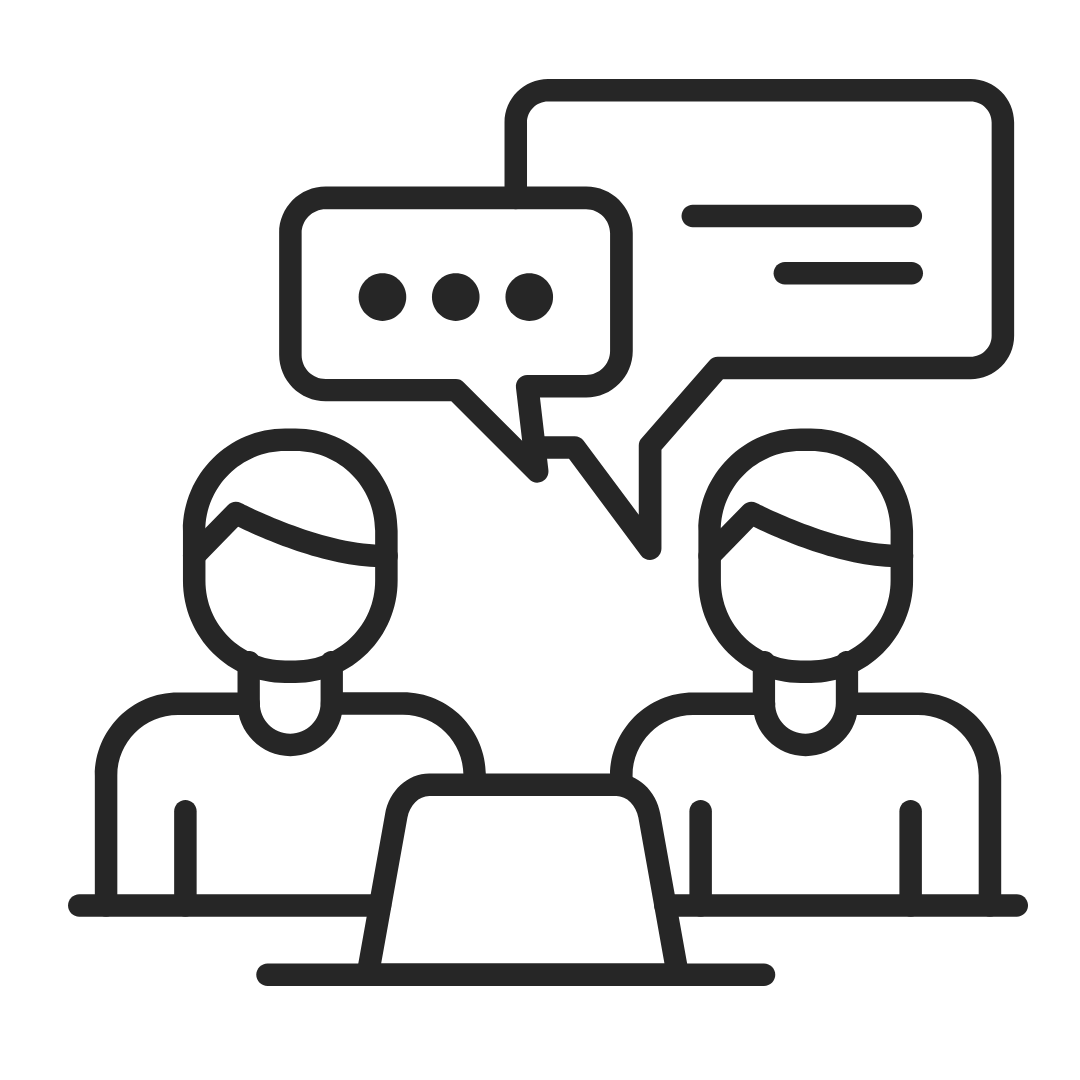 Expert Talks & Webinars On Demand
Expert Talks & Webinars On Demand
 Our Contact Form
Our Contact Form Discover Your Care
Discover Your Care Talk to Our Experts
Talk to Our Experts Share Your Experience
Share Your Experience 








.png)
.png)













 Before You Fly
Before You Fly
 During Your Stay
During Your Stay
 After Care Essential
After Care Essential


 Our Origin
Our Origin
 Our Mission
Our Mission Our Vision
Our Vision Our Team
Our Team